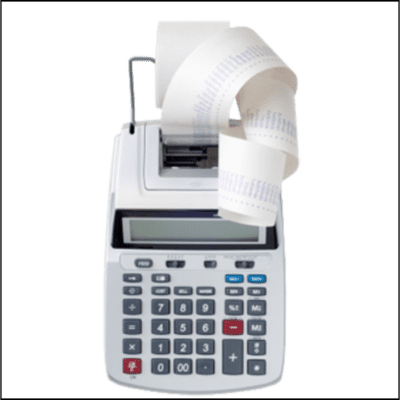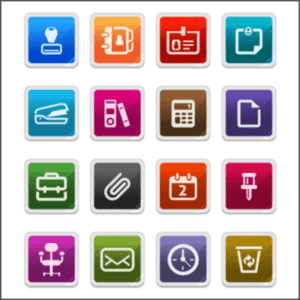Basic Bookkeeping Skills
Numbers! Numbers! Numbers! Wherever you go, you are bound to see them. On addresses, license plates, phones, prices, and of course, money! Numbers connect us all to each other in many more ways than we might imagine. Essentially, our world revolves around numbers. Welcome to Basic Bookkeeping!
Some of us enjoy dealing with numbers while others may have a fear of them or even a phobia. For those of you who have already recognized and appreciate the impact that numbers actually have on just about everything, you deserve a cookie.
or even a phobia. For those of you who have already recognized and appreciate the impact that numbers actually have on just about everything, you deserve a cookie.
So the good thing about accounting is that you can start out wherever you want, at the beginning, the middle, or the end and you will still wind up at the same place, nowhere (Just kidding). You really have to start at the beginning, or you will get lost. So let’s start there, with some basic terminology. Some of this stuff may ring a bell for those of you who took accounting previously, were hired to keep the books at the corner Mom & Pop’s shop, or, were too cheap to hire a “real Accountant” and tried to do your own books. (How did that work out for you?). Either way, when we are done here, you are bound to be familiar with a lot of these basic bookkeeping and accounting terms.
Balance Sheet
A balance sheet is a financial statement that shows the assets, liabilities, and owner’s equity at a specific point in time. Assets and liabilities are usually listed first, followed by the equity which is the difference between the assets and the liabilities. The balance sheet will ultimately provide a snapshot of the company’s current financial condition.
Course Objectives:
- Understand basic accounting terminology.
- Identify the differences between the cash and accrual accounting methods.
- Keep track of your business by becoming familiar with accounts payable and accounts receivable.
- Use a journal and general ledger to document business financials.
- Utilize the balance sheet.
- Identify different types of financial statements.
- Uncover the reasons for and actually create a budget.
- Be familiar with internal and external auditing.








Reviews
There are no reviews yet.